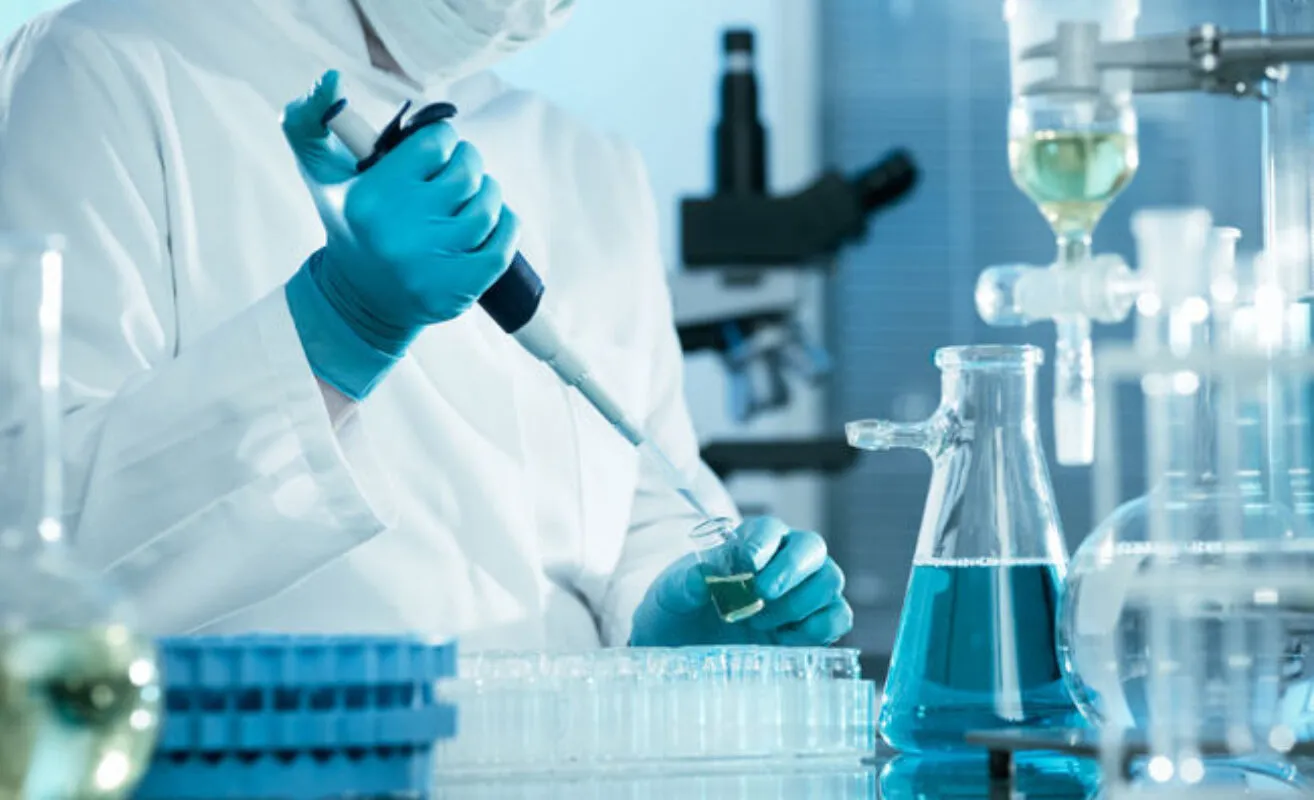Biopharmaceutics is the science that studies and examines the metabolic, biochemical, and physiological processes of drugs in living organisms and their effects on biological systems. This science plays a key role in the development and production of novel drugs and provides a deeper understanding of how drugs function, dissolve, and are absorbed in the body.
Definition of Biopharmaceutics
Biopharmaceutics focuses on the behavior of drugs in the human body and other living organisms. This field is composed of two words: “bio,” meaning life, and “pharmaceutics,” which relates to the study of drugs. Therefore, biopharmaceutics is recognized as a bridge between the scientific understanding of drugs and their effects on living organisms.
History of Biopharmaceutics
The history of biopharmaceutics dates back to the 1950s. During these years, researchers began to investigate the effects of drugs on the body and sought to gain a better understanding of how drugs are metabolized and how they reach target tissues. This research led to the emergence of new drugs and improved treatment quality for patients.
Biopharmaceutics Processes
The processes that are focused on in biopharmaceutics include absorption, distribution, metabolism, and excretion (ADME). Each of these processes has a significant impact on the efficacy and safety of drugs:
Absorption:
Absorption is the process by which a drug is transferred from the site of entry (such as the digestive tract or injection) into the bloodstream. Various factors such as the dosage form, route of administration, and biological conditions can influence this process.Distribution:
After absorption, the drug is distributed throughout the body. This stage is influenced by various factors such as blood flow and tissue permeability.Metabolism:
In this stage, drugs are converted into other compounds by enzymes. This process may increase or decrease the drug’s effect on the organism.Excretion:
Finally, drug compounds are excreted from the body by the kidneys or liver. The body’s ability to eliminate drugs can affect the duration of the drug’s action.
Biopharmaceutics is the science that studies and examines the metabolic, biochemical, and physiological processes of drugs in living organisms and their effects on biological systems. This science plays a key role in the development and production of novel drugs and provides a deeper understanding of how drugs function, dissolve, and are absorbed in the body.
Definition of Biopharmaceutics
Biopharmaceutics focuses on the behavior of drugs in the human body and other living organisms. This field is composed of two words: “bio,” meaning life, and “pharmaceutics,” which relates to the study of drugs. Therefore, biopharmaceutics is recognized as a bridge between the scientific understanding of drugs and their effects on living organisms.
History of Biopharmaceutics
The history of biopharmaceutics dates back to the 1950s. During these years, researchers began to investigate the effects of drugs on the body and sought to gain a better understanding of how drugs are metabolized and how they reach target tissues. This research led to the emergence of new drugs and improved treatment quality for patients.
Biopharmaceutics Processes
The processes that are focused on in biopharmaceutics include absorption, distribution, metabolism, and excretion (ADME). Each of these processes has a significant impact on the efficacy and safety of drugs:
Absorption:
Absorption is the process by which a drug is transferred from the site of entry (such as the digestive tract or injection) into the bloodstream. Various factors such as the dosage form, route of administration, and biological conditions can influence this process.Distribution:
After absorption, the drug is distributed throughout the body. This stage is influenced by various factors such as blood flow and tissue permeability.Metabolism:
In this stage, drugs are converted into other compounds by enzymes. This process may increase or decrease the drug’s effect on the organism.Excretion:
Finally, drug compounds are excreted from the body by the kidneys or liver. The body’s ability to eliminate drugs can affect the duration of the drug’s action.


